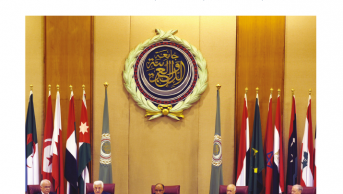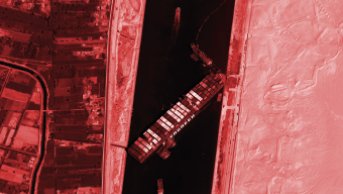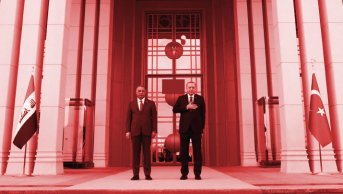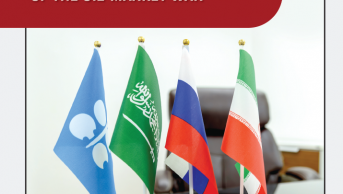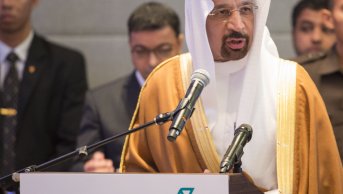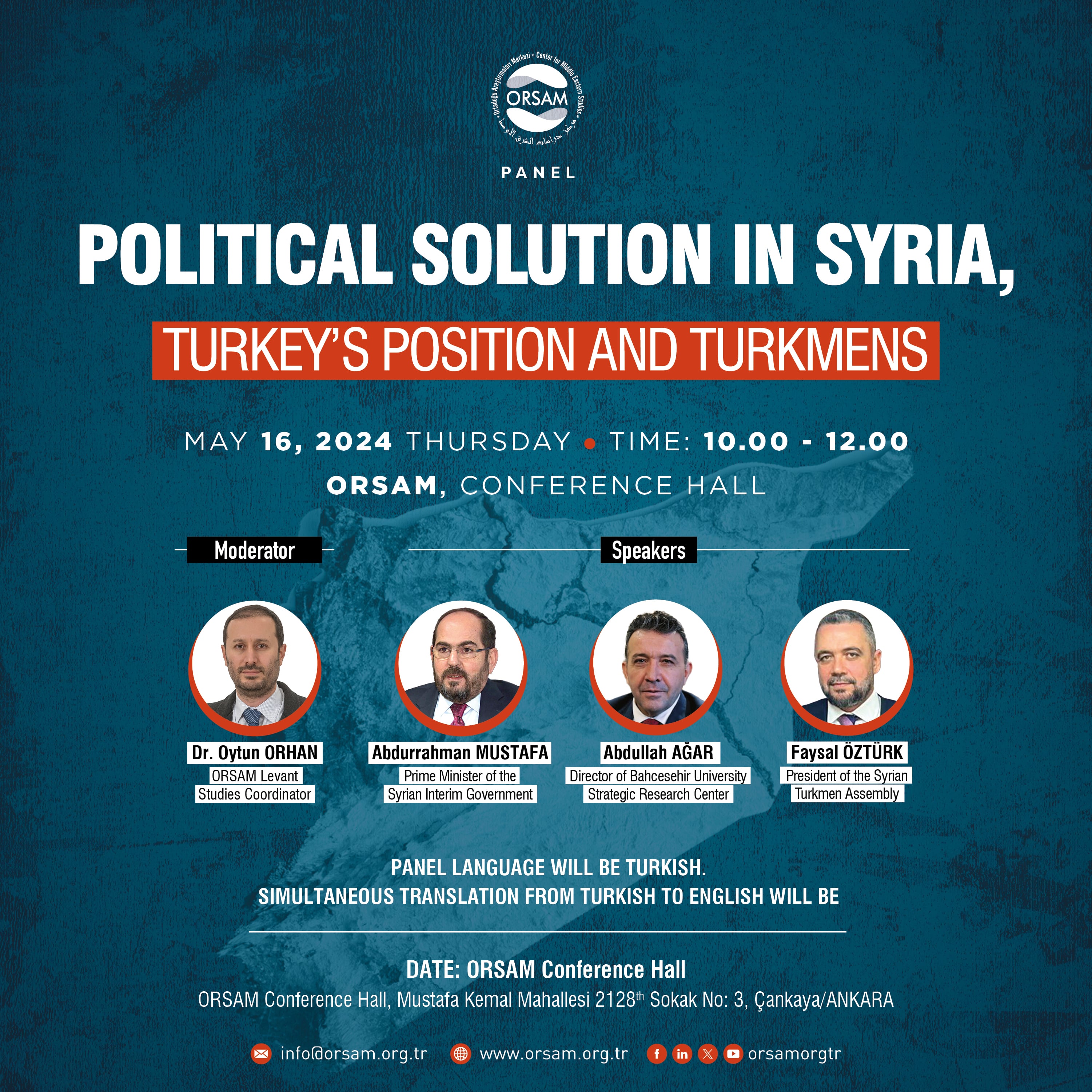Saudi Arabia’s 2030 Vision for Economy and ARAMCO's Importance
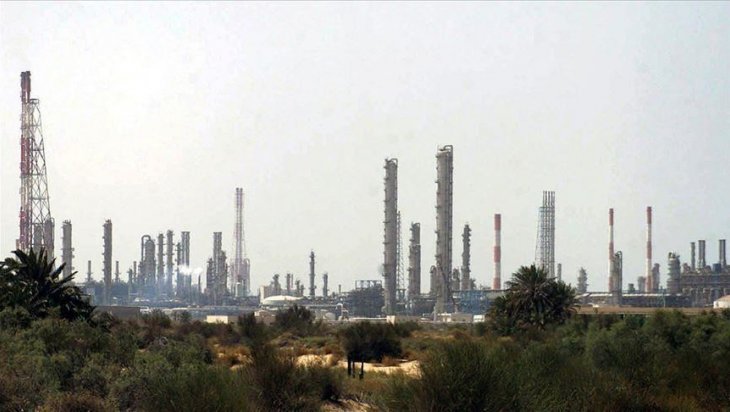
With Mohammed Bin-Salman being announced the crown prince in place of Mohammed bin Nayef in 2017, Saudi Arabia entered a new era in terms of politics and the economy.The fact that Mohammed bin Salman was appointed as the Defence Minister and Deputy Prime Minister in addition to being the crown prince could be considered as a precursor of what would happen afterwards.For his first action, Salman took the lead for the operation in Yemen and successfully made a name for himself through mentioning reforms towards moderate Islam.He also became the president of the Council of Economic and Development Affairs, which includes the largest Saudi company ARAMCO in its portfolio.Shortly after taking office, he started “corruption operations” on September 4th 2017, which were seen as an attempt to secure his place.Within this context dozens of people were arrested or imprisoned in hotels under the pretence of "combatting corruption". Those arrested included 11 princes, four active ministers, former ministers and three media bosses.
The Mohammed bin Salman Effect on Saudi Economy
In terms of foreign relations, Salman essentially follows the same policy as the United Arab Emirates (UEA) and invests in the image of a reformist leader.However, the murder of Saudi journalist Jamal Khashoggi at the Consulate of Saudi Arabia in Istanbul and what happened afterwards have harmed this image.There are assumptions that Prince Salman’s power within the Kingdom has been weakened due to chain of events which started with the murder of Khashoggi.However Salman, who received the support of Trump, is maintaining his weight in the Kingdom's administration with the help of operations he carried out when he took office.
On the other hand, the proactive policies he followed have incurred significant costs.For example, after recent political actions of the UAE, Saudi Arabia now stands alone in its struggle in the Yemen crisis against the Houthis in the region.The kingdom has suffered great damage at the hands of warrior Houthis in Yemen and at this point even sees attacks on its own lands.As a result of the mutual showdown during the recent Gulf crisis, there has been new arms deals with the USA.Along with this, in order to invest in the aforementioned reformist image, Salman has invested in fields such as sports, arts and even the academia, which would create soft power in the international arena.In particular, the sponsorship of almost every field of sports in the USA and the United Kingdom show the importance given to lobbying activities in these countries.It can be said that compensation for these investments came following the murder of Jamal Khashoggi.
Crown Prince Salman emphasises that his biggest goal is to reduce the country’s dependence on oil.Salman hasbolstered his attempts towards this goal and he attaches the greatest importance to Vision2030.The Prince, who is the head of the Council of Economic and Development Affairs, which owns ARAMCO, also leads this project first-hand.
Vision 2030
The main goal of this project, which is essentially an extended reform package, is to reduce the country’s dependence on oil.In this sense, a roadmap was created which includes both economic and social fields and aims until 2030.Crown prince Mohammed bin Selman is leading the 2030 vision, which is a comprehensive reform plan.The main elements of the plan is to offer to the public shares in the state-owned oil company ARAMCO, restructure the Public Investment Fund with the moneyearned, turn it into the world’s biggest investment fund with an estimated value of USD 3 trillion and diversify revenues through investments made in non-oil sectors.With this reform package, it is also aimed to reduce the unemployment rate of 11.6 per cent in the country to 7 per cent, increase the participation of small scale businesses to GNP growth from 20 per cent to 30 per cent, avoid stopping on-going infrastructure and development projects and increase the private sector’s contribution to the economy from 40 per cent to 60 per cent.
On the other hand, social dimensions of the reform package include various changes to law in order to end restrictions on Saudi women, in line with the international human rights standards.On this point, subjects such as legal and criminal actions and the work system were comprehensively discussed and various arrangements were made.Increasing Saudi women's participation in the workforce from 22 per cent to 30 per cent and removing the ban on women from driving cars can be seen as some examples.From this viewpoint, various social and economic reforms which resemble the European Union harmonisation criteria are being implemented in the traditional kingdom.
There is also a plan for implementing a green card practice from which Saudis living outside the country and Muslims who lived in the Kingdom long enough can benefit.These aforementioned reforms being reciprocated in the international arena is one of the factors which strengthens the crown prince’s hand.For example, the US Department of State Bureau of Democracy, Human Rights and Labor Affairs (DRL) has announced that it will award financing to the “projects which support the social and economic reforms as part of Vision 2030” in Saudi Arabia.In order to reach the aimed reforms, diplomatic connections were established with various countries.Crown Prince Bin Salman carried out visits to the USA, France, the United Kingdom and first of all, Egypt.During these meetings, the USD 16 billion investment fund was the highlight.
In his visit to Cairo, Mohammed bin Salman was able to receive the support he expected for Vision 2030, he carried out meetings with leading investors of international institutions and organisations in New York and continued his search for support in the international arena.There have been meetings with the CEOs of various international companies in order to diversify the structure of country’s economy, including the movie industry.The crown prince also made various connections in the United Kingdom and made a series of trade and investment agreements regarding education, financial services, culture, health, science, clear energy and defence as part of the Vision 2030.Afterwards it was announced that a Strategic Partnership Council was established with the United Kingdom.In addition, aiming to leap forward in the culture and arts, the Kingdom signed some agreements with France as part of the 2030 Vision. In this context, the task of establishing the National Symphony Orchestra of Saudi Arabia was given to Paris Opera.
Aramco’s Structure and the Process of Public Offering
Saudi Arabia is the richest country in the Middle East and its economy is almost entirely based on oil.As of 2017, the agricultural sector accounted for only 2.54 per cent of its GDP and 6.35 per cent of its actively employed population.Consequently, it imports most of its agricultural and food products.Even though Saudi Arabia imports 18 million tonnes of dates each year, it is expected to limit its agricultural production by 2020 in order preserve its fresh-water sources.On the other hand, as of 2017, the manufacturing sector, which accounts for 45.5 per cent of the GDP, employs 22.6 per cent of the total work force.As expected, 90 per cent of Saudi Arabia’s export revenues come from oil.Oil export revenues also constitute 85 – 90 per cent of the total public revenues.The tertiary, service sector of the Saudi economy, accounts for 52.5 per cent of the country’s GDP and employs 71.1 per cent of the active population.With the effects of having Mecca and Medina; tourism, banking and financial services and insurance services are the main actors of the tertiary sector.On the other hand, rapid population growth, private sector's tendency to employ low-wage foreign workers and subsidies granted to each family by the Crown appear to be the factors increasing the unemployment rate in Saudi Arabia.
For the kingdom, which is going through some trouble in terms of economic diversity, the most important part of the Vision 2030 project to diversify the economic production is without doubt the ARAMCO Company. ARAMCO, which has more than 15 per cent of the world’s oil reserves and is the world’s biggest oil production company, became a state company in 1970s.However, since then, the company has not issued any public information regarding its financial situation.In the issue of bill it opened in April 2019, some information was given about the company.According to this information, the company appeared to be more profitable than tech companies Apple, Alphabet, Amazon and another energy company, Shell, in the first half of 2019.The company announced a profit of USD 46.9 billion and stated that it had paid USD 26.4 billion of this profit as ordinary dividends and USD 20 billion to the government.[1]
With this public offering, Saudi Arabia aims to reduce the frailty of its economy by trying to gather resources in order to create more diversity.With a sale of 5 per cent, it is estimated that the government will receive approximately USD 100 billionin revenue.The government aims to invest in non-oil industrial sectors and technology production in order to reduce its dependence on oil.Many oğtions are being weighed for the location to tarde the company’s shares in Asia, the USA and London.Brexit in the UK and the Umbrella Movement in Hong Kong have dropped the markets of these countries behind inARAMCO’s public offering process.On this point, it can be said Tokyo Stock Exchange and Wall Streetare competing for the top spot.The value of the company depends significantly on the oil price, and it is worthUSD 2 trillion according to Mohammed bin Salman[2], while according to bank evaluations it is worth USD 1.2-1.5 trillion.

